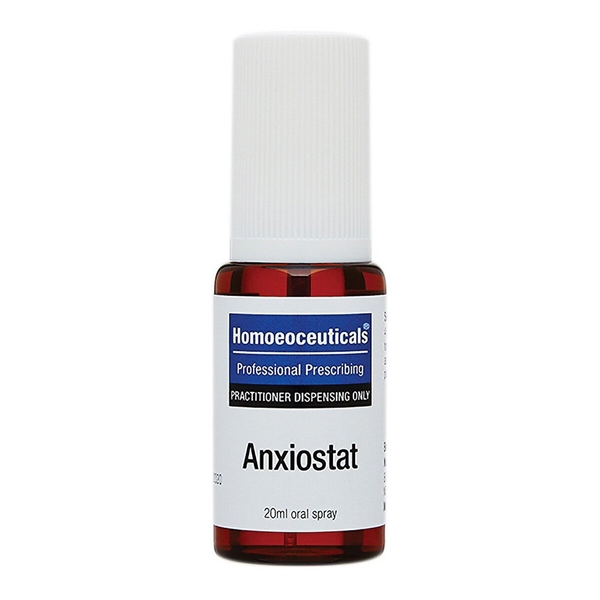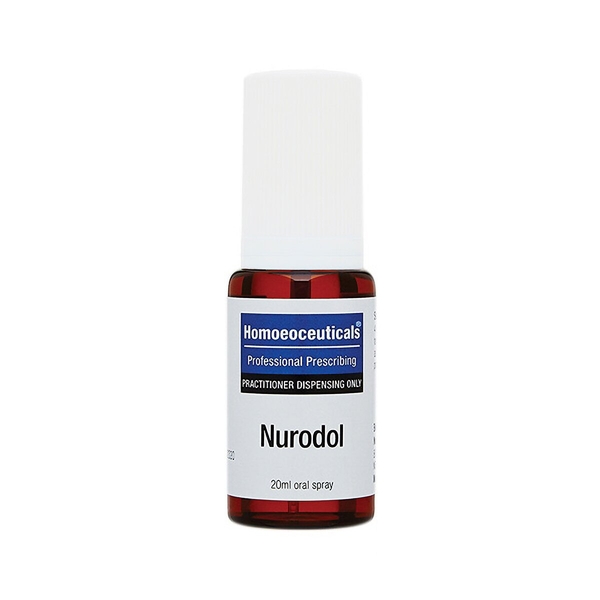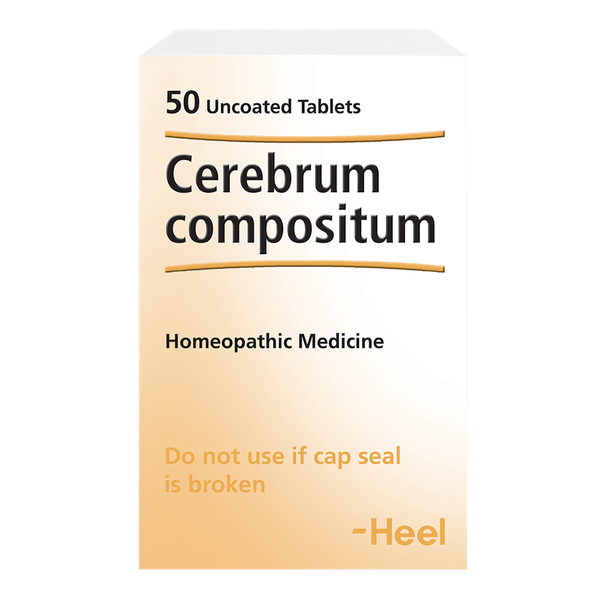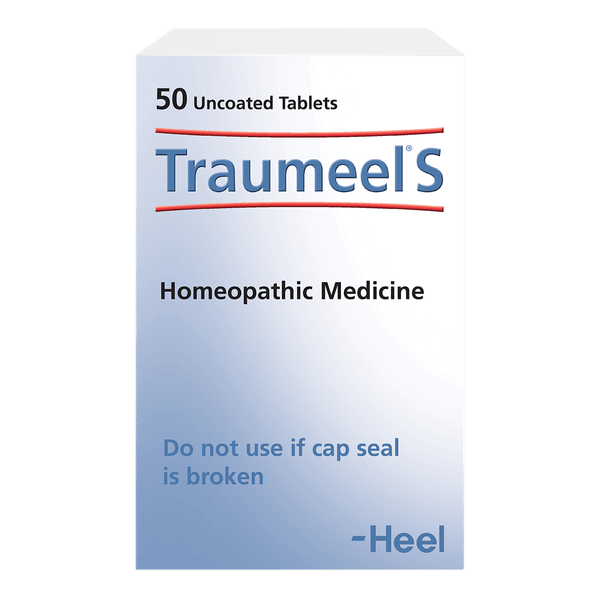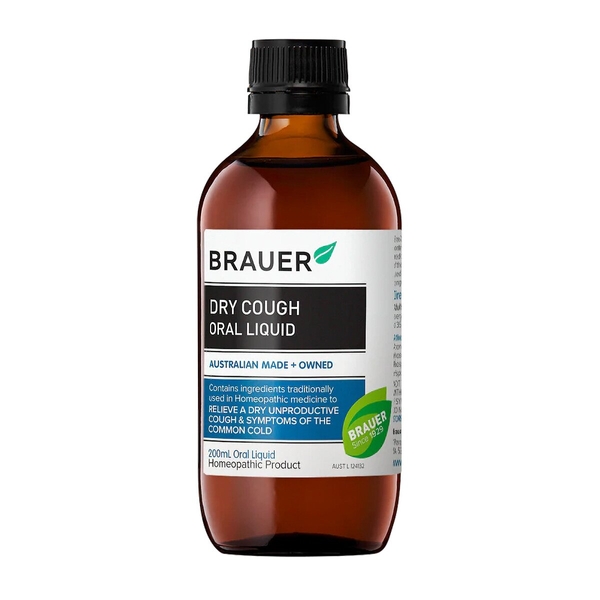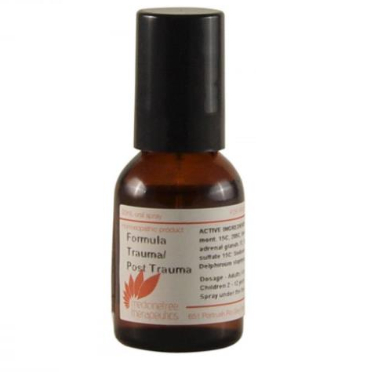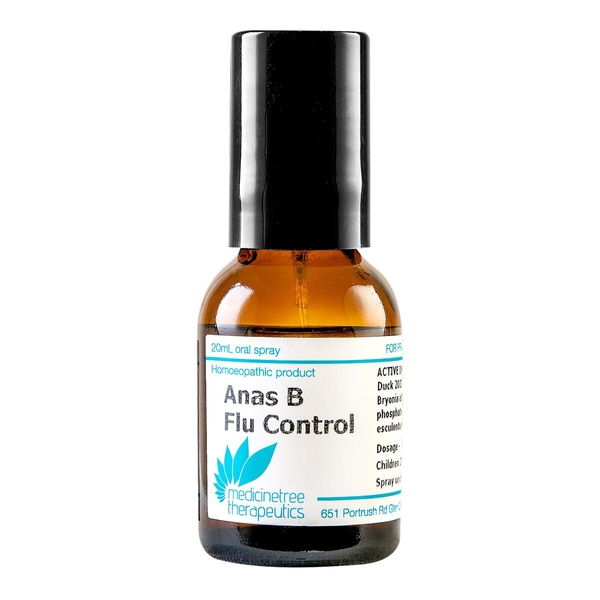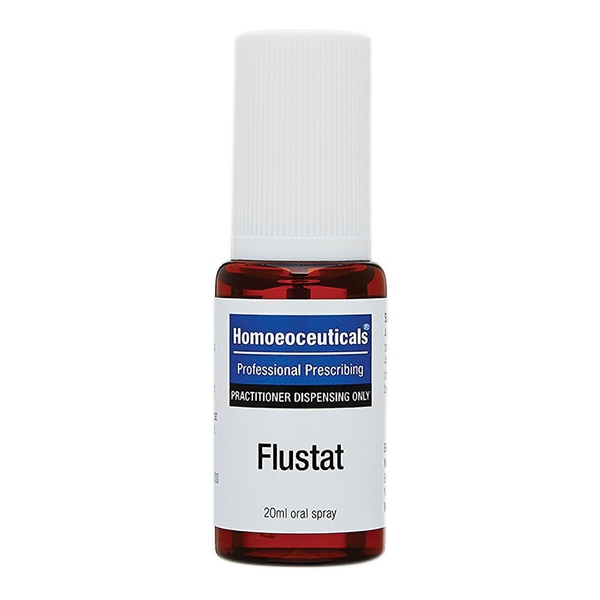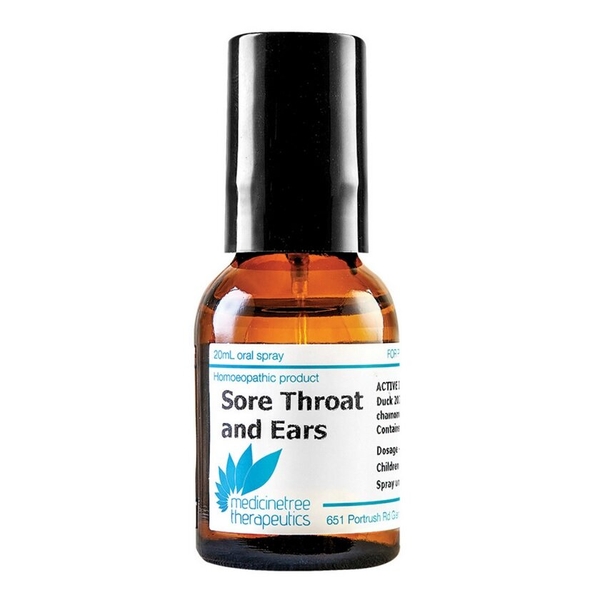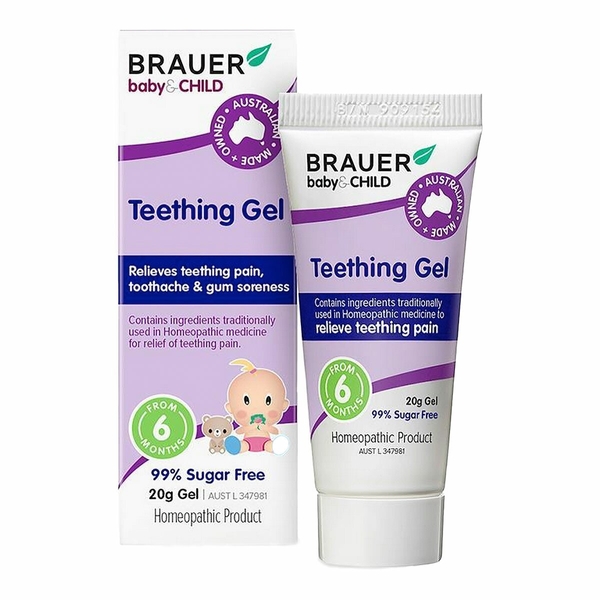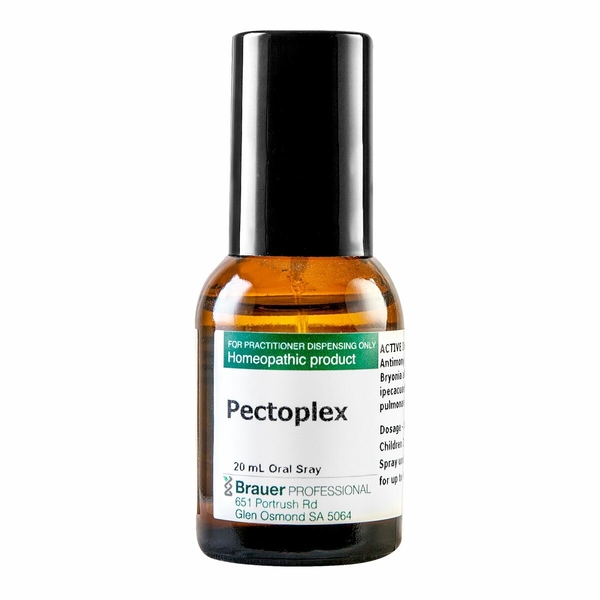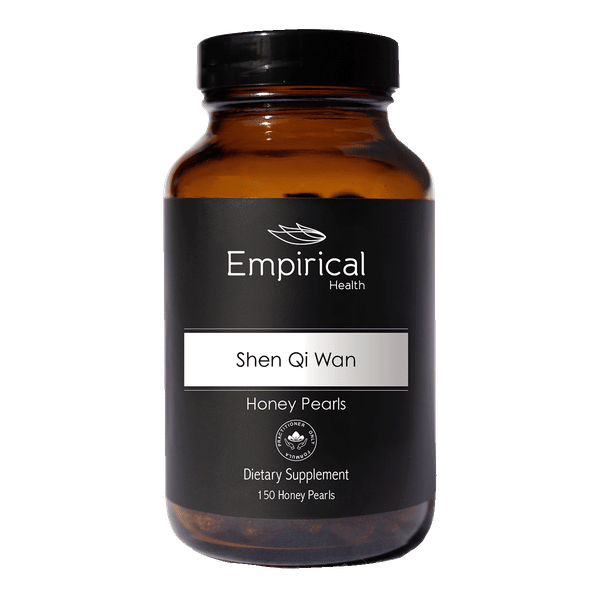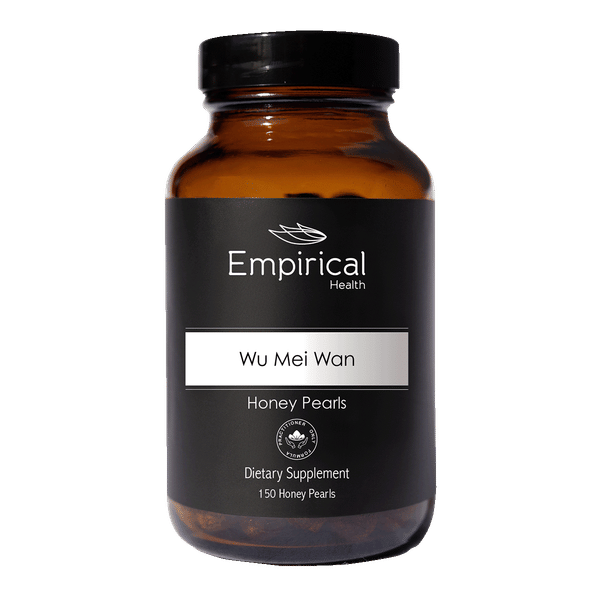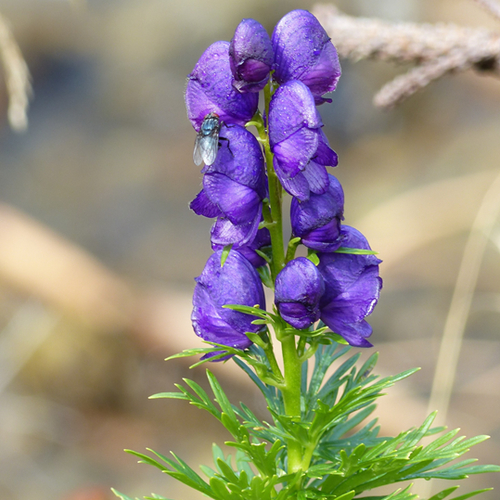
Aconite
Scientific names: Aconitum napellus, Aconitum carmichaeli, Aconitum chasmanthum, Aconitum kusnezoffi
Family: Ranunculaceae
Alternate names: Aconit, Aconiti Tuber, Acónito, Aconitum, Aconitum Angustifolium, Atis, Ativisha, Autumn Monkshood, Bachnag, Bikhma, Blue Monkshood Root, Caowu, Chuanwu, Chuan-wu, Fu Zi, Futzu, Helmet Flower, Monkshood, Monkshood Tuber, Prativisha, Radix Aconiti, Radix Aconiti Kusnezoffii, Radix Aconiti Lateralis Preparata, Sichuan Aconite, Vachnag, Vatsnabh, Visha, Wild Aconitum, Wolfsbane, Wutou
Actions: Anabolic, Analgesic, Anti-inflammatory, Antipyretic, Cardiovascular, Central nervous system (CNS), Endocrine, Immunological, Neuomuscular blockade
Background
Aconite is a plant in the Aconitum genus that grows in rocky areas in the Northern Hemisphere. Despite containing poisonous chemicals, it's used as medicine.
Aconite root contains chemicals that might improve circulation and decrease pain, but it also contains chemicals that can seriously harm the heart, muscles, and nerves.
People use aconite for heart failure, asthma, hair loss, diarrhea, and many other conditions, but there is no good scientific evidence to support these uses. It is also unsafe.
Don't confuse aconite with Dimethylhexylamine (DMHA), which is sometimes incorrectly called "Aconitum kusnezoffi" or "aconite extract." These are not the same.
Aconite root contains chemicals that might improve circulation and decrease pain, but it also contains chemicals that can seriously harm the heart, muscles, and nerves.
People use aconite for heart failure, asthma, hair loss, diarrhea, and many other conditions, but there is no good scientific evidence to support these uses. It is also unsafe.
Don't confuse aconite with Dimethylhexylamine (DMHA), which is sometimes incorrectly called "Aconitum kusnezoffi" or "aconite extract." These are not the same.
Safety Safety definitions
When taken by mouth: Aconite is unsafe. All species of the plant and products containing it are dangerous. Aconite contains a strong, fast-acting poison that causes severe side effects such as nausea, vomiting, breathing problems, heart problems, and death.
When applied to the skin: Aconite is unsafe. Some people use aconite in a cream or lotion, but this is dangerous. The poisons in aconite can be absorbed through the skin, causing severe side effects.
When applied to the skin: Aconite is unsafe. Some people use aconite in a cream or lotion, but this is dangerous. The poisons in aconite can be absorbed through the skin, causing severe side effects.
Special Precautions & Warnings:
Pregnancy and breast-feeding: Aconite is unsafe. Do not take aconite by mouth or apply it to your skin if you are pregnant or breast-feeding. It can cause serious side effects, including death.Effectiveness
Effective Effectiveness definitions
There is interest in using aconite for a number of purposes, but there isn't enough reliable information to say whether it might be helpful.
Dosing & administration
There isn't enough reliable information to know what an appropriate dose of aconite might be. Aconite might also be unsafe. Speak with a healthcare provider before using.
Interactions with pharmaceuticals
Medications that slow blood clotting (Anticoagulant / Antiplatelet drugs)
Interaction Rating=Moderate Be cautious with this combination.
Aconite might slow blood clotting. Taking aconite along with medications that also slow blood clotting might increase the risk of bruising and bleeding.
Stimulant Drugs
Interaction Rating=Moderate Be cautious with this combination.
Stimulant drugs speed up the nervous system. By speeding up the nervous system they can make you feel jittery and speed up your heartbeat. Aconite might also speed up the nervous system. Taking aconite along with stimulant drugs might cause serious problems including increased heart rate and high blood pressure.
Interactions with herbs & supplements
Herbs and supplements that might slow blood clotting: Aconite might slow blood clotting and increase the risk of bleeding. Taking it with other supplements with similar effects might increase the risk of bleeding in some people. Examples of supplements with this effect include garlic, ginger, ginkgo, nattokinase, and Panax ginseng.
Herbs and supplements with stimulant properties: Aconite might have stimulant effects. Taking it with other supplements with similar effects might increase the chance of side effects, including rapid heartbeat and high blood pressure. Examples of supplements with this effect include 1,3-DMAA, bitter orange, caffeine-containing products, DMHA, and ephedra.
Herbs and supplements with stimulant properties: Aconite might have stimulant effects. Taking it with other supplements with similar effects might increase the chance of side effects, including rapid heartbeat and high blood pressure. Examples of supplements with this effect include 1,3-DMAA, bitter orange, caffeine-containing products, DMHA, and ephedra.
Interactions with foods
There are no known interactions with foods.
Products
View all productsPer serve:
- Aconitum napellus (Aconite)
- Ergotine
- Alprazolam
- Diazepam
- Chlorpromazine
- Borax (Boron)
- Kalium phosphoricum
Practitioner product
Practitioner product
Per tablet:
- Aconitum napellus (Aconite)
- Thuja occidentalis
- Strychnos ignatii (Ignatia)
- Ruta graveolens
- Arnica montana
- Magnesium phosphoricum (Mag phos)
- Porcine brain
- Porcine embryo
- Porcine liver
- Porcine placenta
- Monobasic potassium phosphate
- Selenium
- Phosphoric acid
- Cinochona pubescens
- Sublimed sulphur
- Potassium dichromate
- Gelsemium sempervirens
- Semecarpus orientale
- Conium maculatum
- Hyoscyamus niger
- Anamirta cocculus
- Aesculus hippocastanum (Horsechestnut)
Practitioner product
Per tablet:
Practitioner product
Per 1 mL:
- Aconitum napellus (Aconite)
- Bryonia alba
- Kalium bichromicum
- Rumex crispus
- Sanguinaria canadensis
- Spongia tosta
- Atropa belladonna
- Hyoscyamus niger
- Phosphorus
RRP: $23.99$19.20Save: 20%
Create account
Practitioner product
Practitioner product
Practitioner product
Practitioner product
Per 1 g:
- Aconitum napellus (Aconite)
- Atropa belladonna
- Chamomilla
- Citrullus colocynthis
- Kreosotum
- Mercurius solubilis Hahnemanni
- Strychnos nux-vomica (Strychnine tree)
- Colloidal anhydrous silica
- Actaea spicata
RRP: $17.85$14.28Save: 20%
Create account
Per 0.52 mL:
- Aconitum napellus (Aconite)
- Antimony potassium tartrate trihydrate (Ant tart)
- Atropa belladonna
- Bryonia alba
- Drosera
- Rumex crispus
- Ipecacuanha
- Anemone pulsatilla (Pasque flower)
- Sticta pulmonaria
Practitioner product
Practitioner product
Per pearl:
- Aconite (Fu Pian) (root)
- Fructus mume (fruit)
- Coptis chinensis (rhizome)
- Zingiber officinale (rhizome)
- Panax ginseng (root)
- Phellodendron amurense (bark)
- Angelica polymorpha (root)
- Pericarpium Zanthoxyli (fruit)
- Oryza sativa (Rice)
- Herba asari
- Cinnamomum cassia (bark) (bark)
- Mel mellis (Feng Mi)
Practitioner product
vital.ly has licensed monographs from TRC Healthcare.
This monograph was last reviewed on 12/09/2024 10:00:00 and last updated on 12/09/2014 16:32:58. Monographs are reviewed and/or updated multiple times per month and at least once per year.
Natural Medicines disclaims any responsibility related to medical consequences of using any medical product. Effort is made to ensure that the information contained in this monograph is accurate at the time it was published. Consumers and medical professionals who consult this monograph are cautioned that any medical or product related decision is the sole responsibility of the consumer and/or the health care professional. A legal License Agreement sets limitations on downloading, storing, or printing content from this Database. No reproduction of this monograph or any content from this Database is permitted without written permission from the publisher. It is unlawful to download, store, or distribute content from this site.

